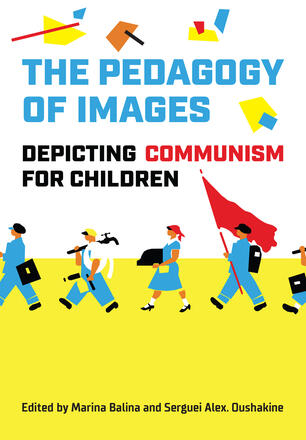
Description
In the 1920s, with the end of the revolution, the Soviet government began investing resources and energy into creating a new type of book for the first generation of young Soviet readers. In a sense, these early books for children were the ABCs of Soviet modernity; creatively illustrated and intricately designed, they were manuals and primers that helped the young reader enter the field of politics through literature. Children’s books provided the basic vocabulary and grammar for understanding new, post-revolutionary realities, but they also taught young readers how to perceive modern events and communist practices.
Relying on a process of dual-media rendering, illustrated books presented propaganda as a simple, repeatable narrative or verse, while also casting it in easily recognizable graphic images. A vehicle of ideology, object of affection, and product of labour all in one, the illustrated book for the young Soviet reader emerged as an important cultural phenomenon. Communist in its content, it was often avant-gardist in its form.
Spotlighting three thematic threads – communist goals, pedagogy, and propaganda – The Pedagogy of Images traces the formation of a mass-modern readership through the creation of the communist-inflected visual and narrative conventions that these early readers were meant to appropriate.